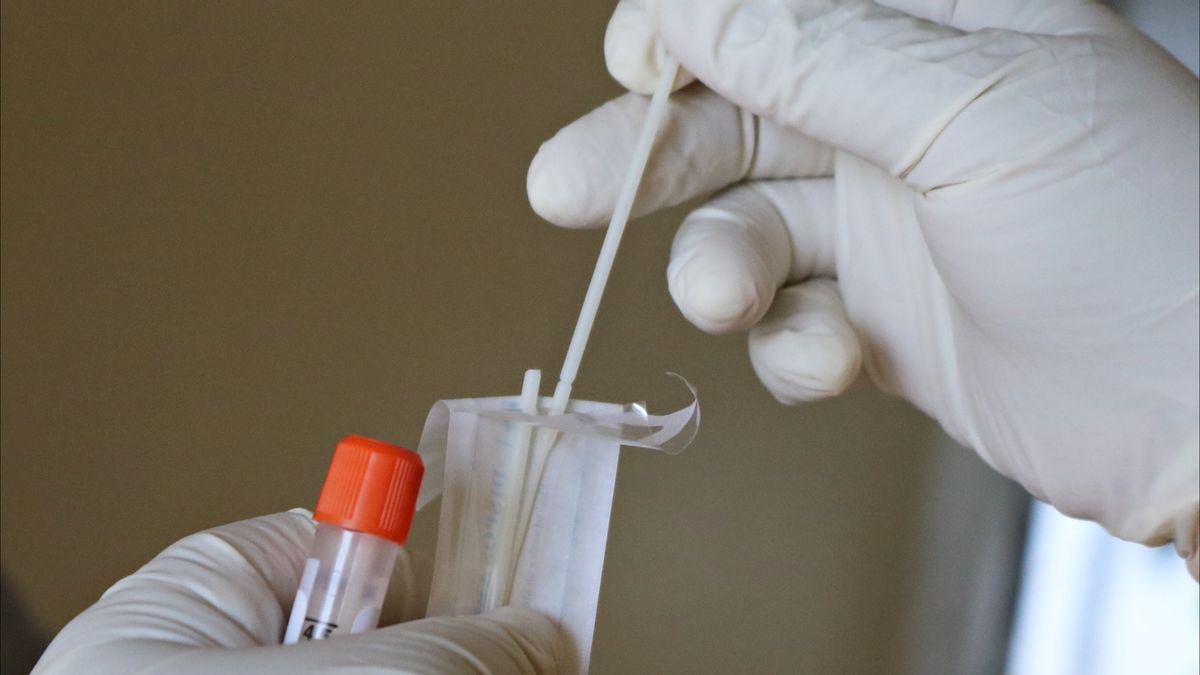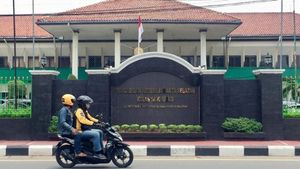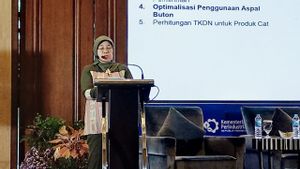JAKARTA - Director of Prevention and Control of Direct Communicable Diseases, Directorate General of P2P of the Ministry of Health, Siti Nadia Tarmizi, said Indonesia would not follow the new protocol in China, namely anal swab or swab tests to detect COVID-19 patients.
"We didn't do it (anal swab, ed). Because we can detect enough antigens", said Nadia when contacted by VOI, Friday, January 29.
He said the swab test that has been carried out in Indonesia is still through the nasopharynx (nose) and oropharynx (throat) as currently being done. The reason is, this method has higher specificity.
"(nose and throat swabs, ed) have a higher specificity by taking specimens here", he said.
What is meant by specificity is a measure that measures how well a screening test is to classify people who are not sick as people who do not have the disease in fact.
As previously reported, the Chinese government introduced a new protocol for testing or testing for COVID-19, namely the anal swab test. The introduction of a new protocol, the anal swab test has been carried out in China using state media.
This new protocol was carried out because, from the results of a study, it was seen that patients who recovered from COVID-19 then got positive test results after going through a swab test in the lower digestive tract. In fact, a few days earlier, this patient had done a swab test on the nose and throat which later showed negative results.
When the test was carried out, the Chinese Center for Disease Control and Prevention issued instructions in March 2020. It is said that the samples that could be used were feces from patients.
However, if this is not possible, an anal swab is performed by inserting a cotton-tipped stick three to five centimeters into the rectum.
The English, Chinese, Japanese, Arabic, and French versions are automatically generated by the AI. So there may still be inaccuracies in translating, please always see Indonesian as our main language. (system supported by DigitalSiber.id)













